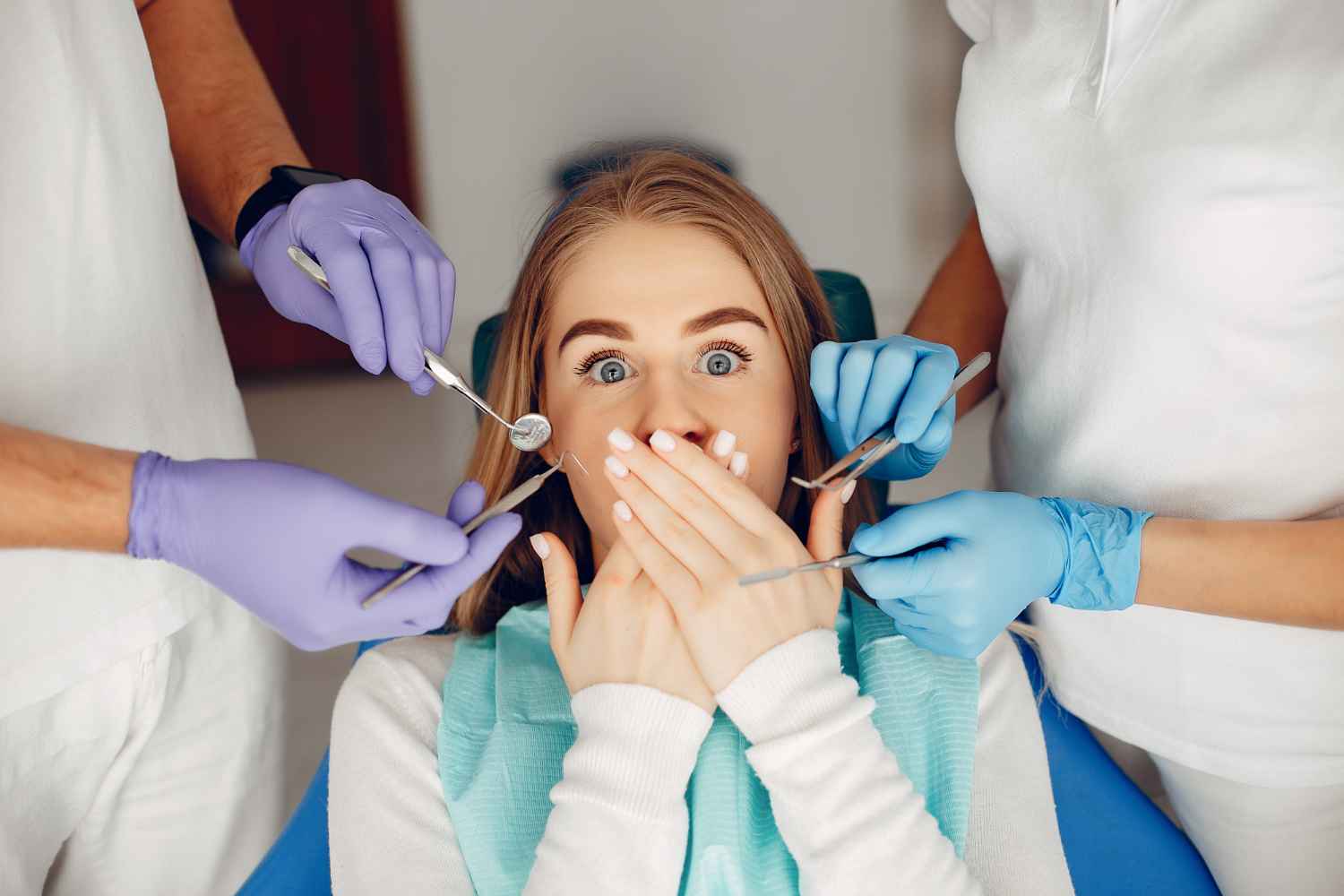Why You Should Never Attempt Emergency Tooth Extraction at Home

It may seem tempting to take matters into your own hands and do an emergency tooth extraction at home when a toothache gets too bad. How difficult could it be, after all? In actuality, though, doing a do-it-yourself tooth extraction can result in serious difficulties that could make matters even worse. We'll go over the dangers and reasons why you should never attempt tooth extraction at home in this blog.
The Risks of Extracting Teeth at Home
A difficult medical procedure, tooth extraction need for specialized training and equipment. Dentists are educated to extract teeth in a way that reduces the possibility of infection, severe bleeding, and tissue damage. It is risky to pull a tooth at home for the following reasons:
The possibility of infection
Among the most serious risks associated with doing a tooth extraction at home is the possibility of infection. Bacteria abound in our mouths, and if you don't properly sterilise it, you risk introducing dangerous pathogens into the exposed gum tissue. An infection could result from this, which could be treated with medication or perhaps surgery.
Frequent Bleeding
Before extracting a tooth, a dentist examines the tooth and surrounding tissues. If you damage blood vessels at home without the right equipment and knowledge, the bleeding may become uncontrollable. This could be fatal in extreme circumstances and necessitate prompt medical attention.
Inadequate Tooth Extraction
The roots of teeth frequently reach deep into the mandible. You might not be able to extract the tooth completely without the use of specialised equipment. Further discomfort, infection, and the eventual necessity for a more involved extraction by a dentist may result from the fragments left behind.
Damage to the Nerves
Potential harm to the mouth's nerves is a serious concern associated with at-home tooth extractions. Nerves that regulate feelings in your lips, tongue, and chin are located, in particular, in your lower jaw. These could cause lifelong numbness or other issues if they are harmed during a badly performed extraction.
Incorrect Diagnosis and Management
Not every dental condition that causes tooth discomfort necessitates extraction. You might be disregarding the true issue if you try to extract the tooth at home. A dentist will evaluate the condition, potentially take X-rays, and suggest the best course of action, which may include a filling, root canal, or, in extreme cases, extraction.
How Not to Perform a Do-It-Yourself Tooth Extraction
The following procedures should be followed if you are having extreme tooth pain rather than attempting an extraction at home:
Speak with an Emergency Dentist
Emergency treatments and after-hours care are provided by many dental offices. They may prevent obstacles and offer prompt relief. They can offer you tips on how to deal with the pain until your appointment, even if you are unable to see a dentist straight immediately.
Take Command of the Opposite Pain Management
While you wait for medical assistance, painkillers like acetaminophen or ibuprofen might help reduce swelling and pain. But if in doubt, make sure to follow the directions on the label and seek medical advice.
Employ a Cold Compressor
on lessen swelling and alleviate the discomfort, apply a cold compress on the outside of your cheek. Heat should be avoided since it might worsen the swelling.
Maintain Proper Dental Hygiene
It's crucial to keep the region surrounding the sore tooth clean. Use warm saltwater to gently rinse your mouth to lessen bacteria and avoid infection. Do not brush the region too vigorously or use harsh mouthwashes.
Conclusion
In conclusion, it is not only risky but also pointless to do an emergency tooth extraction at home. Any short-term comfort is greatly outweighed by the dangers of infection, severe bleeding, and nerve damage. The best course of action is to consult a qualified dentist who can treat you appropriately and guarantee that your oral health is maintained. The best course of action in cases of dental emergencies is to see a dentist right away rather than attempting dangerous do-it-yourself methods.
